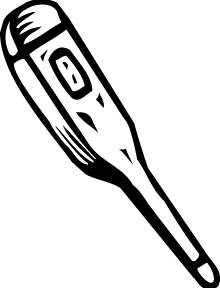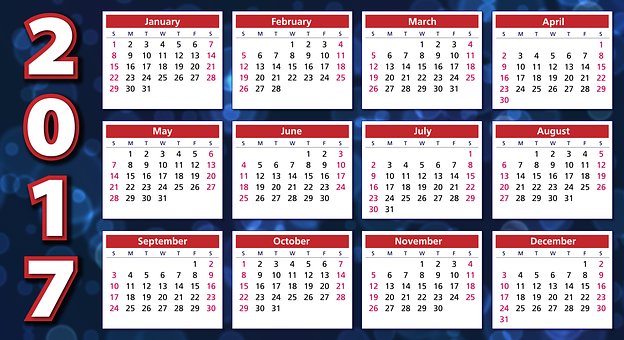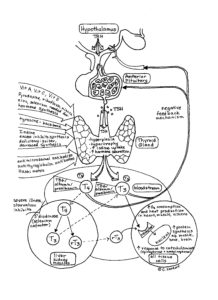January is Thyroid Awareness Month
Another year, and it has come around again.
It’s January.
Thyroid awareness month.
Although I have written about thyroid symptoms, thyroid medications, when to take thyroid meds when testing, Hashimoto’s diet recommendations and answered thyroid questions, it is worth revisiting.
 Still tired after sleeping 8 to 10 hours a night
Still tired after sleeping 8 to 10 hours a night- Feeling cold when others are not; cold hands and feet
- Unexplained weight gain or the inability to lose weight
- Dry or cracking skin and excessive head hair loss
- Brain fog, poor concentration, or other brain issues
- Muscle or joint pain or carpal tunnel syndrome
- Sluggish digestion with constipation
- Neck swelling, perhaps with a hoarse voice
If so, you may have low thyroid function.
Why is low thyroid such a common condition?
Just what is the thyroid and what does it do?
- infertility,
- heart disease,
- nerve damage,
- diabetes,
- arthritis and
- depression.
My doctor did a blood test and says my thyroid is fine. Why am I still sluggish, cold, constipated and depressed?
 This test was promoted by Dr. Broda Barnes because he saw too many patients not properly diagnosed with thyroid problems with the blood tests of the day. Some practitioners today promote that the range of temperature between 97.8 and 98.4 degrees F denotes optimal thyroid function. The clinical reality is that there are plenty of healthy people not in that range so that it is not meaningful to diagnose this way. In fact, the range of body temperature of healthy people is degrees outside of the often quoted 98.6 degrees F.
This test was promoted by Dr. Broda Barnes because he saw too many patients not properly diagnosed with thyroid problems with the blood tests of the day. Some practitioners today promote that the range of temperature between 97.8 and 98.4 degrees F denotes optimal thyroid function. The clinical reality is that there are plenty of healthy people not in that range so that it is not meaningful to diagnose this way. In fact, the range of body temperature of healthy people is degrees outside of the often quoted 98.6 degrees F.I am treated for a low thyroid condition. How should I be tested?
What about the iodine skin absorption test?
How can I learn more?
Make your appointment now – don’t suffer with this any longer.
WANT TO USE THIS ARTICLE IN YOUR NEWSLETTER OR WEB SITE?
You can, as long as you include this complete blurb with it: “Naturopathic Physician Dr. Cheryl Kasdorf is a doctor who listens and has answers with a natural approach that works. She is known as the go-to person to get back your get-up-and-go when it is gone, gone, gone. Get your FREE gift “Dr. Kasdorf’s Health Secrets for Feeling & Looking Great” at drcherylkasdorf.com





